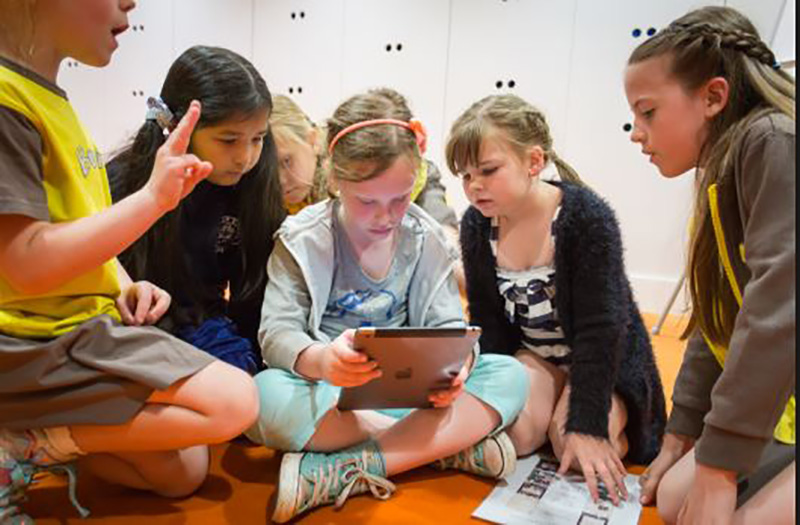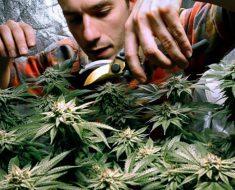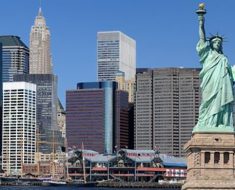Fags! Queers! Dykes! Oh my!
These are some of the derogatory names that people who consider themselves lesbian, gay, bisexual, transgender, queer, intersexual or questioning (LGBTQIQ) may hear on a daily basis. That is why Campus Life hosted “Safe Space Training” on the Sept. 28. Gay-Straight Alliance, D.E.E.P, Campus Life and Counseling and Psychological Services came together to create a workshop and a group of allies to make everyone feel welcome.
The “Safe Space Training” workshop exposed everyone to the derogatory perceptions of different sexual orientations.
A safe place is a welcoming, supportive and safe environment for lesbian, gay, bisexual and transgender students. An ally is a supporter of sexual diversity and a challenger of homo phobic, biphobic, and transphobic remarks behaviors. Allies also explore and understand the forms of bias within themselves.
“I thought queer meant gay,” said Ally Widalys Santiago during the workshop.
“The LGBTQIQ community has reclaimed the word queer,” replied Campus Life member Holly Shelton-Dixon. However, she added that, “If you are not a part of the culture, don’t use it.”
The word queer is now used by the LGBTQIQ community to, among other things, help raise awareness.

When asked where the prejudice against LGBTQIQ came from, students replied parents, teachers, friends, religion and even school.
“In the 10th or 11th, grade everybody started coming out, like it was the new black,” said co-director of D.E.E.P. Darius Thomas.
Although coming out can sometimes seem like a fad, Dixon said that coming out is not always easy. “It’s not easy to be different,” she said. “Coming out is a life long process. It is important for people to come out because it is positive, people gain support and friendships and people are free from the hiding game or the double life.”
Not coming out can sometimes lead to depression and/or suicide.
“As an ally, it is important to be a role model and accepting. If someone comes out to you, never assume. Let the person tell you. Ask questions such as how long have you known, how can I help and also have a sense of humor. Don’t pressure someone to come out. Just wait,” said Dixon.
Allies display the “Safe Space” logo to identify themselves as people who can provide and support and information while respecting the privacy of the people who contact them.
Being an ally is not only beneficial to members of the LGBTQIQ community, but also for straight individuals. It supports the notion that everyone should express emotions and show affection, wear what they want to wear and do what works for them regardless of their sexual orientation and gender expression.
If you would like to get involved with “Safe Space” attend one of their training programs. The program is 2 hours long and it is open to anyone. It is interactive and discussion-oriented. You can also contact Jennifer Dean at Clayton States Counseling and Psychological Services or Lakiesa Cantey, Holly Shelton-Dixon or Lance Mealer with Campus Life.





